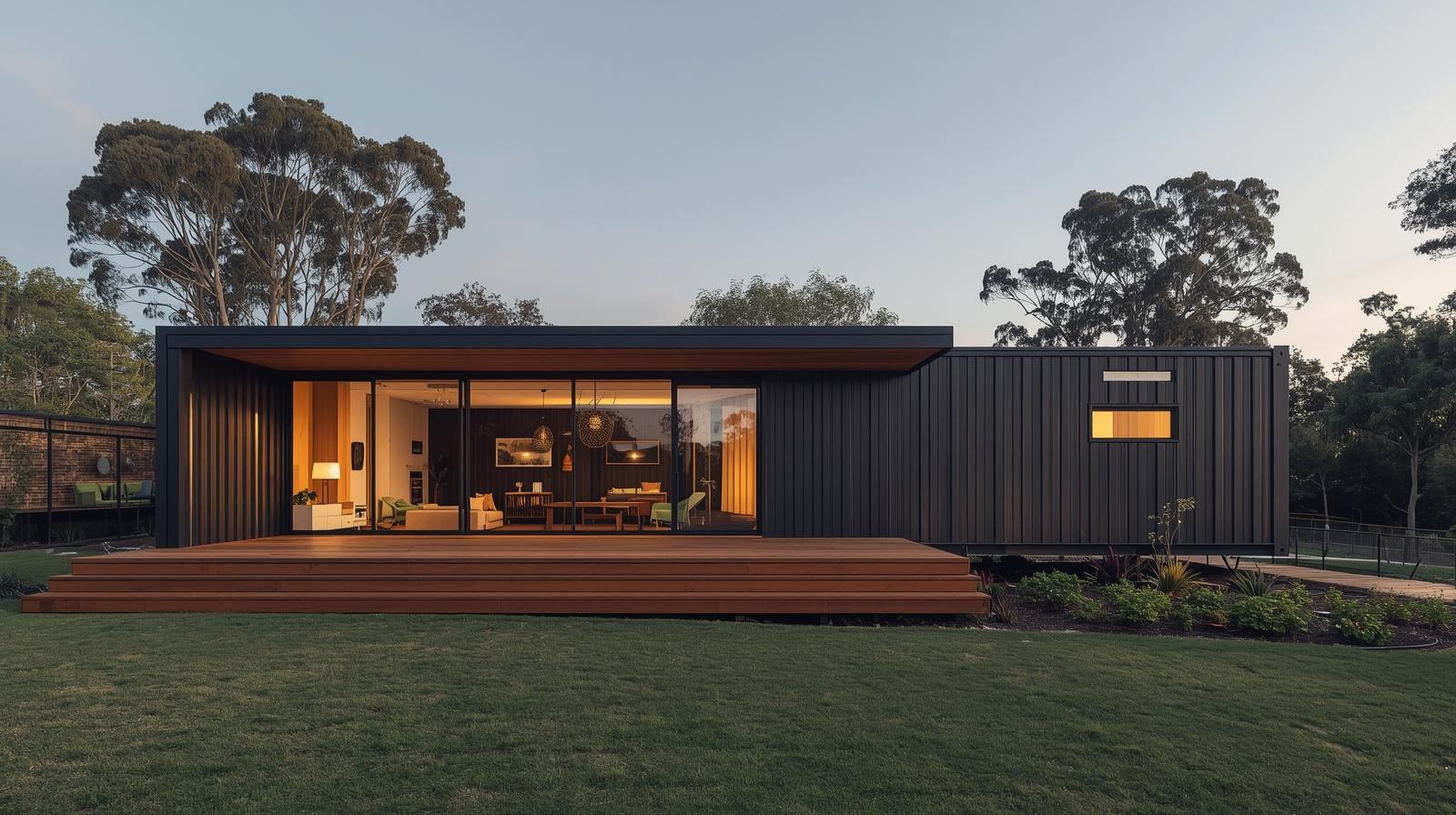Introduction: Why is it important to understand the differences between assisted living and a nursing home?
Choosing a suitable housing framework for yourself or your loved ones in their senior years is one of the most significant decisions you will make. The two main options available to you are assisted living and a nursing home, but it is important to understand that they differ fundamentally in their characteristics, target population, and the level of independence they offer. A misunderstanding of these differences may lead to a choice that does not match your needs and desires, and therefore it is essential to acquire in-depth knowledge to help you make an informed decision. This article is designed to provide you with the information needed to distinguish between the two frameworks and understand which one may be best for you.
What is Assisted Living and Who is it For?
Assisted living is an ideal housing solution for seniors who are independent or partially independent. This refers to people who are able to perform most daily activities on their own and do not require close supervision or nursing care. If you are still active, independent in most areas of life, and looking for a supportive, safe, and social environment to enrich your life, assisted living may be the right choice for you.
In an assisted living facility, you live in your own private apartments. These are usually small and functional apartments that include a bedroom, living room, kitchenette, and sometimes an additional room. The apartments are designed to provide you with comfort and privacy, while maintaining a sense of homeliness. The great advantage of assisted living lies in the combination of independence and a supportive community. You enjoy an active and rich community life that includes a wide range of social and cultural activities, classes, lectures, and joint events. You also have access to various leisure facilities such as a gym, swimming pool, library, club, and more, allowing you to continue to lead an active and interesting lifestyle.
In addition to community life and leisure, assisted living also offers ancillary services designed to make your daily life easier and give you peace of mind. These services often include 24/7 security and guarding, available medical services (sometimes an on-site clinic and a nurse available), social assistance, cleaning and maintenance services for the apartment and common areas. The goal is to allow you to continue living as independently as possible, knowing that you have an available support system if needed.
The emphasis in assisted living is on maintaining an independent lifestyle within a supportive and safe community framework. You determine your daily routine, choose which activities to participate in, and enjoy privacy in your apartment. At the same time, you are part of a vibrant and supportive community, with the possibility of receiving medical or social assistance when needed, without giving up your independence. In Israel, it is important to know that assisted living facilities are regulated by the Assisted Living Law, 5772-2012, which ensures certain standards of quality and safety.
What is a Nursing Home and in What Cases is it a Suitable Solution?
A nursing home is intended mainly for seniors who are not independent and need daily help with basic activities, and sometimes even close nursing care and constant medical supervision. If you or your loved ones are dealing with significant functional difficulties, need help with activities such as bathing, dressing, eating, or mobility, and require close medical supervision, a nursing home may be the most appropriate and safe solution.
Nursing homes usually include different departments, adapted to the varying levels of functioning and needs of the residents. There are regular departments for residents who need some assistance but still have a relatively high level of independence, nursing departments for residents who need the most intensive care and supervision, and departments for the mentally frail, adapted for residents dealing with cognitive decline. The division into departments allows for the provision of personalized care and supervision to each resident according to their condition.
Unlike assisted living, residents in a nursing home usually live in rooms, sometimes with partners. The framework allows less free choice and a completely independent lifestyle, and the daily routine is usually determined by the staff of the home. However, a nursing home provides a broad and comprehensive therapeutic envelope. The residents have access to a professional team that includes doctors, nurses, nursing assistants, and a para-medical team (physiotherapists, occupational therapists, speech therapists, etc.). The team provides close medical and nursing care, assistance with daily activities, rehabilitation, and para-medical treatments as needed. In addition, nursing homes provide catering, cleaning, laundry, and leisure activities adapted to the residents’ abilities.
The emphasis in a nursing home is on providing quality medical and nursing care, maintaining the safety of the residents, and providing a supportive framework adapted to their changing needs. In recent years, there has been a trend in many nursing homes to improve the sense of homeliness and independence of the residents as much as possible, but it is still a more institutional framework compared to assisted living. A nursing home is an essential solution for seniors who can no longer live at home and need round-the-clock professional care and supervision.
Assisted Living vs. Nursing Home: How to Choose the Most Suitable Framework for Unique Needs?
The decision between assisted living and a nursing home is a personal and significant decision, requiring you to consider a number of important factors. The main and most influential difference concerns the target population: assisted living is intended for independent or partially independent people who want to maintain an active lifestyle within a supportive community framework, while a nursing home is intended mainly for seniors who are not independent and need close care and supervision.
The differences are also expressed in the type of housing – a private apartment in assisted living versus a room in a nursing home – and in the level of independence allowed. In assisted living, a high level of independence is maintained, while in a nursing home the level of independence is lower and the framework is more institutional. Also, the type of services provided is different: assisted living emphasizes social, cultural, and leisure services, alongside basic medical and maintenance services, while a nursing home focuses on providing comprehensive medical, nursing, and para-medical services.
To choose the most suitable framework for you, you must make an honest assessment of your current health and functional status. Ask yourself how independent you are in daily activities, whether you need constant assistance, and whether you are dealing with medical conditions that require close supervision. It is also important to consider your social needs – are you looking for an active community life and extensive social interaction, or do you prefer a quieter framework?
Economic considerations are also part of the process. The costs of staying in both frameworks are different, and it is important to examine your financial capabilities and understand the payment models in each framework. Finally, it is important to plan for future needs as well. Do you anticipate a change in your functional status in the future? Will the framework you choose be able to adapt to changing needs? Making the right decision requires you to consider all these factors carefully, and it is also recommended to consult with professionals and family members. In fact, the central question is how to choose the most suitable framework?.
Summary: How to Make an Informed Decision Between Assisted Living and a Nursing Home?
In summary, the choice between assisted living and a nursing home depends largely on your functional status, your medical and social needs, and your personal preferences. Remember that assisted living is mainly suitable for relatively independent seniors who want a supportive, active, and safe environment that combines independence and community life. On the other hand, a nursing home is intended for those who need daily help, care, and close supervision, and provides a broader therapeutic envelope.
To make an informed decision, we recommend that you make a careful assessment of your needs, talk openly with family members, and consult with professionals such as doctors, social workers, or consultants in the field of the elderly. It is highly recommended to visit several frameworks of both types, to get an impression of the atmosphere, to talk with residents and staff, and to feel where you feel most comfortable and where your needs will be best met. Remember, this is an important decision that will affect your quality of life, so it is important to invest thought and attention in it.








